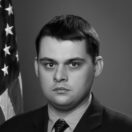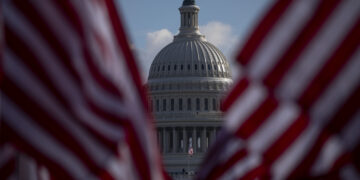November 22, 2024
The three foreign policy factions fighting for Trump’s ear
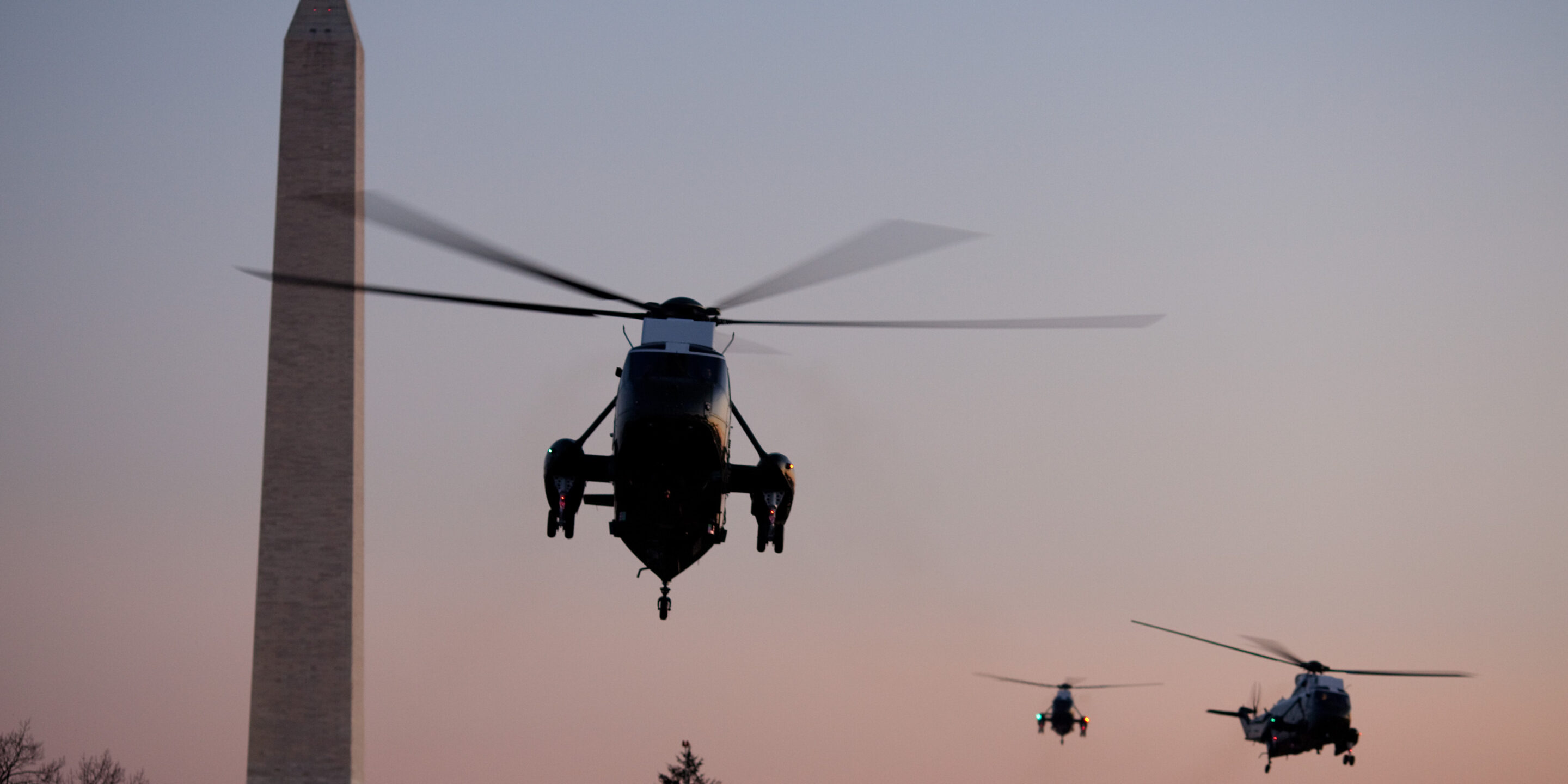
Dan Caldwell, public policy adviser at Defense Priorities, a pro-restraint advocacy group, told Vox that Hegseth is not alone in having gone through an ideological transition like this. “Like a lot of veterans, including myself, his foreign policy views have evolved as the wars have dragged on,” he said. It’s worth noting that while Trump stacked his first Cabinet with what he called “my generals,” this time around he’s opting more for younger figures like Gabbard, Hegseth, and Waltz who served as mid-level officers during the war on terror.
Waltz and Rubio could both fairly be described as primacists for most of their careers, but Caldwell says that may no longer be the case. “I think it’s lazy to call any of these picks pure primacists or neocons,” he said. “These are people whose views have evolved over the past few years and are continuing to evolve.”
Both have recently seemed at least prioritizer-curious. Waltz, for instance, initially criticized the Biden administration for not providing enough aid to Ukraine following Russia’s invasion, but has since said that this support should be reassessed. “Is it in America’s interest, are we going to put in the time, the treasure, the resources that we need in the Pacific right now badly?” he said at an event last month.
”I’m not going to sit here and pretend that Senator Rubio agrees with me on everything, but I don’t think it is fair to call him a neoconservative anymore,” Caldwell said.
Shapiro, author of the original “three tribes” article, takes a more cynical view. “If you look at Rubio, you see someone who has a foreign policy ideology but who has been willing to be flexible in order to fit in with wherever he needs to be, be that with Trump or be that with the Republican base,” he told Vox.
More on Western Hemisphere

July 8, 2025

By Daniel DePetris and Christopher McCallion
July 2, 2025
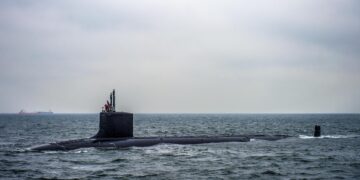
Featuring Jennifer Kavanagh
June 11, 2025
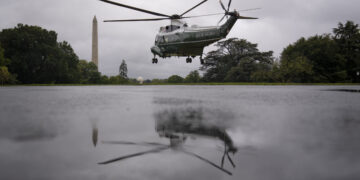
Featuring Edward King
June 3, 2025
Events on Grand strategy

